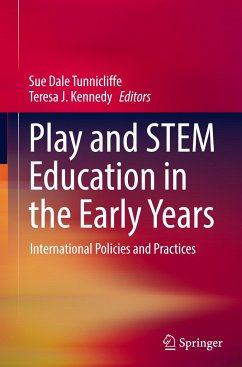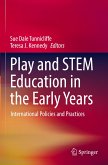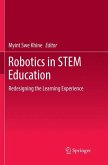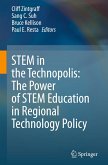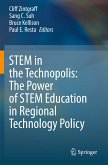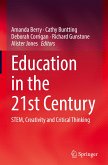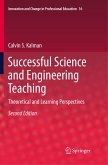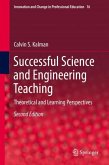This edited book provides an overview of unstructured and structured play scenarios crucial to developing young children's awareness, interest, and ability to learn Science, Technology, Engineering and Mathematics (STEM) in informal and formal education environments. The key elements for developing future STEM capital, enabling children to use their intuitive critical thinking and problem-solving abilities, and promoting active citizenship and a scientifically literate workforce, begins in the early years as children learn through play, employing trial and error, and often investigating on their own.
Forty-seven STEM experts come together from 16 countries (Argentina, Australia, Belgium, Canada, England, Finland, Germany, Israel, Jamaica, Japan, Malta, Mauritius, Mexico, Russia, Sweden, and the USA) and describe educational policies and experiences related to young learners 3-4 years of age, as well as students attending formal-nursery school, early primary school,and theearly years classes post 5 years of age.
The book is intended for parents seeking to provide STEM activities for their children at home and in playgroups, citizen scientists seeking guidance to provide children with quality educational activities, daycare practitioners providing educational structures for young children from birth to formal education, primary school teachers and preservice teachers seeking to teach preschool, kindergarten or children typically aged 5-8 years old in grades 1-3, as well as researchers and policy makers working in science didactics with small children.
Forty-seven STEM experts come together from 16 countries (Argentina, Australia, Belgium, Canada, England, Finland, Germany, Israel, Jamaica, Japan, Malta, Mauritius, Mexico, Russia, Sweden, and the USA) and describe educational policies and experiences related to young learners 3-4 years of age, as well as students attending formal-nursery school, early primary school,and theearly years classes post 5 years of age.
The book is intended for parents seeking to provide STEM activities for their children at home and in playgroups, citizen scientists seeking guidance to provide children with quality educational activities, daycare practitioners providing educational structures for young children from birth to formal education, primary school teachers and preservice teachers seeking to teach preschool, kindergarten or children typically aged 5-8 years old in grades 1-3, as well as researchers and policy makers working in science didactics with small children.
"The pictures and detailed instructions with sample questions for students and ways in which the teacher could direct conversation help the reader to replicate these projects for their own classes. A nice addition was the added description of how a workshop was conducted online, which could be very useful in our current times." (Ann Wheeler, MAA Reviews, March 20, 2023)

